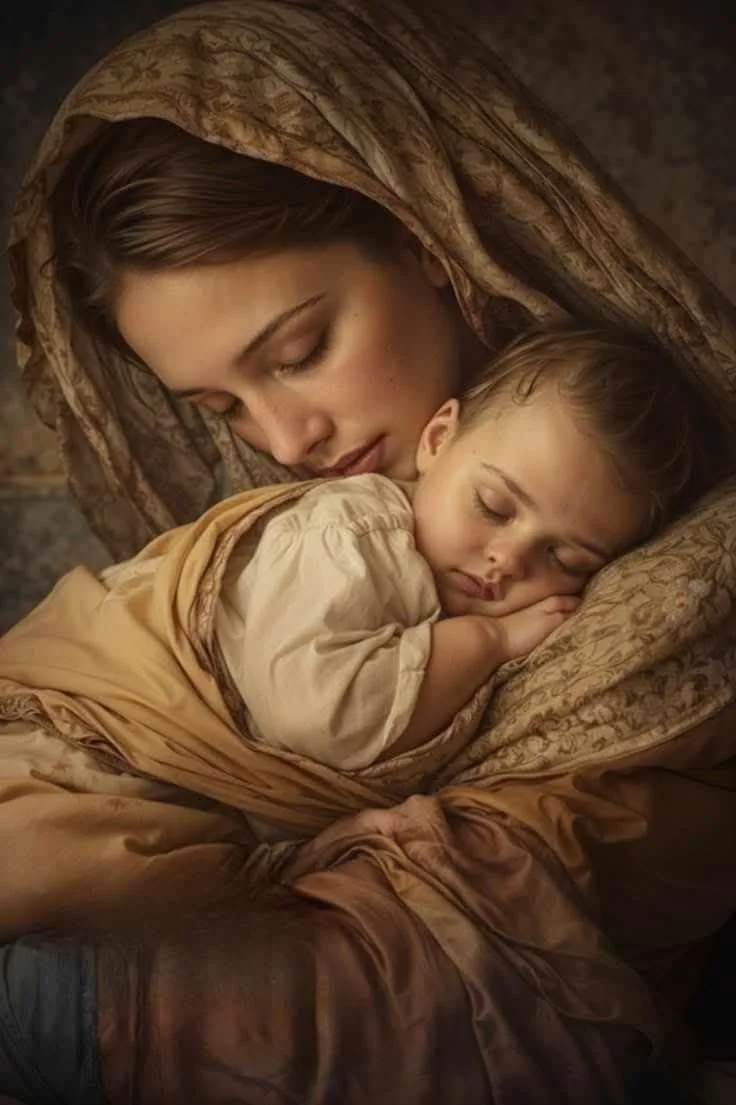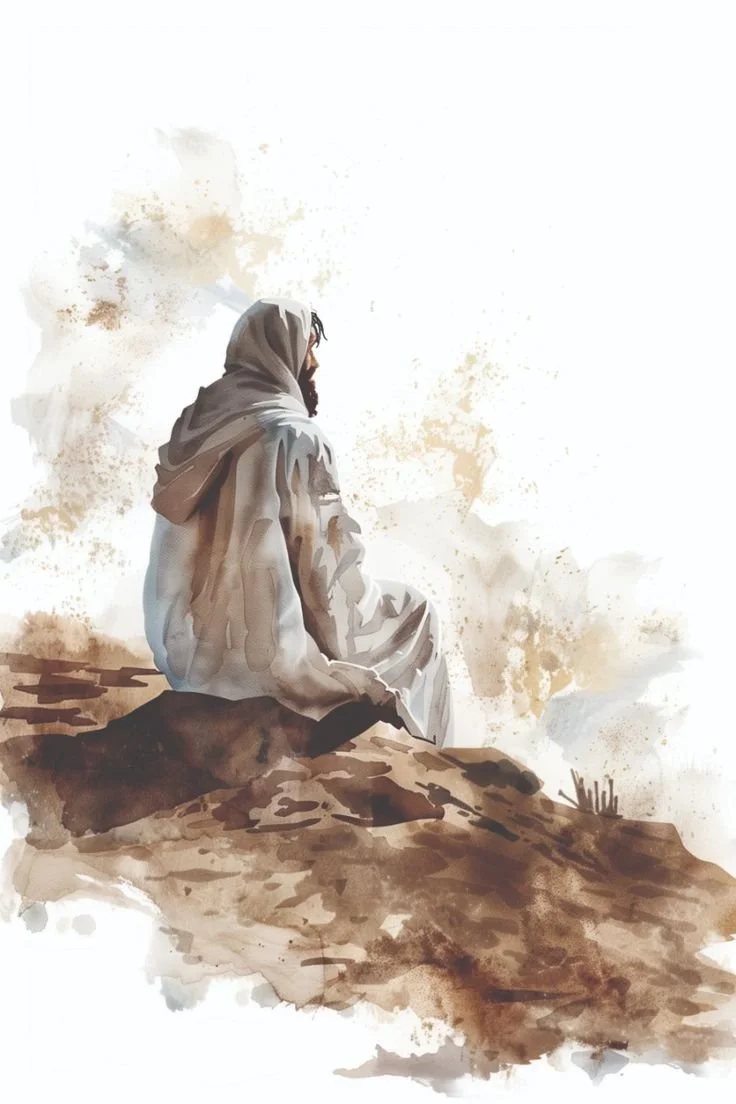Jesus Christ: Why God Chose to Enter the World Through Mary
The Incarnation—the moment when God became flesh—is one of the greatest mysteries of Christian faith. It is a profound act of divine love, revealing God's willingness to step into human history, not as a distant ruler, but as one of us. Central to this mystery is Jesus Christ, fully God and fully human, born into the world through the Virgin Mary. But why did the eternal God choose this path? Why did Jesus, who is God, need to be born through a human being?
The Necessity of the Virgin Birth
The birth of Jesus through Mary was not a mere biological event; it was a divine act of purpose and prophecy. The virgin birth was foretold in Isaiah 7:14: "Behold, the virgin shall conceive and bear a son, and shall call his name Immanuel." This prophecy finds fulfillment in the Gospels, affirming Jesus as the long-awaited Messiah.
Beyond prophecy, the virgin birth ensured that Jesus was not born into sin. Every human born since Adam carries the stain of original sin, yet Jesus, conceived by the Holy Spirit, entered the world unstained. This made Him the perfect, unblemished sacrifice for humanity’s redemption, able to take on the sins of the world without being tainted by them.
Photo: We always aim to credit photos; if this one needs crediting or removal, please contact us with the source.
Jesus: Fully Divine and Fully Human
Through Mary, Jesus took on full humanity. He grew, felt, and experienced life as we do—He was hungry, tired, joyful, sorrowful, and tempted in every way, yet without sin (Hebrews 4:15). This human experience was necessary for Him to be the perfect mediator between God and mankind.
Yet, Jesus was not merely human. He remained fully divine, possessing all the attributes of God while walking among us. John 1:14 declares, "The Word became flesh and dwelt among us." In Christ, the divine and human natures are united, allowing Him to bridge the infinite gap between God and fallen humanity.
Photo: We always aim to credit photos; if this one needs crediting or removal, please contact us with the source.
Mary’s Role in God’s Plan
Mary’s willingness to submit to God’s will made her a crucial part of the redemption story. When the angel Gabriel appeared to her, she responded, "Let it be to me according to your word" (Luke 1:38). Her obedience allowed God’s plan to unfold, bringing forth Emmanuel—God with us.
Mary was not divine, nor was she the source of Christ’s divinity. Rather, she was the vessel through which God chose to enter the human world, fulfilling His promise to bring salvation. Her role exemplifies faith, humility, and trust in God’s plan.
Theological Implications of the Incarnation
The Incarnation is more than an event—it is a statement of God’s love. It reveals that God is not a distant, unapproachable force but one who chooses to dwell among His creation. This act of humility demonstrates His desire to redeem us, not from afar, but from within the very world He made.
Furthermore, the Incarnation affirms the sanctity of human life. God did not despise the human condition but embraced it. By becoming flesh, He elevated humanity, showing that our lives have profound value in His eyes.
Photo: SolaceSerenity - Etsy
A Final Reflection: The Mystery of God’s Choice
The fact that God became human through birth is a mystery that invites reflection. If He desired, He could have entered the world in any way—descending in divine splendor, appearing as an adult, or manifesting supernaturally. Yet, He chose the most humble and human path: to be born as a helpless child, nurtured by a mother, growing in wisdom and stature.
This choice speaks volumes. It reveals a God who is relational, personal, and intimately involved in our lives. It shows His love for humanity—not as an abstract concept, but as a love so deep that He chose to enter the world as we do, experiencing life from its very beginning.
If God chose to enter the world so intimately, what does that reveal about His longing to be near us today?
To explore the connection between Christ’s birth and His divine nature further, read this article on the Trinity, where we delve deeper into the eternal relationship between Father, Son, and Holy Spirit.
The Incarnation is a divine invitation: to know God, to walk with Him, and to marvel at the depths of His love. Through Jesus’ birth, life, death, and resurrection, we are drawn into the greatest mystery of all—God with us.
Latest Of
Faith & Scripture













Some questions don’t disappear with time or explanation. They linger, not as doubt, but as something unresolved. This is about what happens when those questions finally find the place where they can rest.